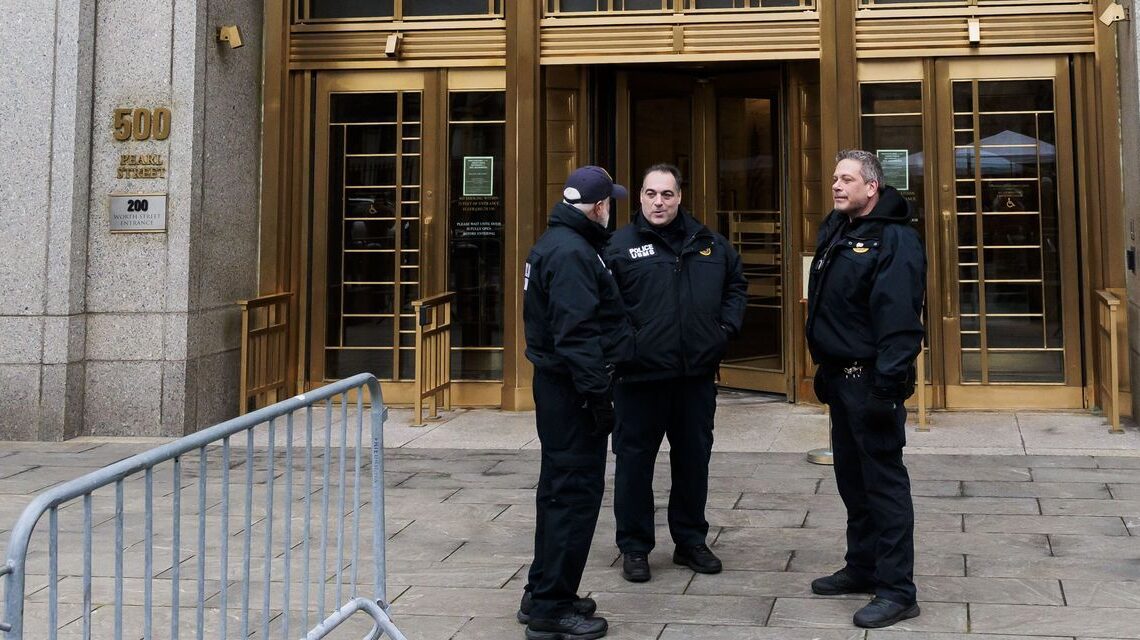Well, that didn’t take long. Last week this column urged Congress to avoid a frenzied legislative response to the FTX crypto failure and instead let the courts dispense justice. The idea was to avoid saddling innocent investors and businesspeople with destructive new regulations crafted on the bogus premise that the FTX crew had somehow operated outside the laws of the United States. Now it’s clear that fraudsters are very much subject to our laws. And the wheels of U.S justice appear to be turning very quickly.
The Journal’s Corinne Ramey and Dave Michaels report:
Two associates of FTX founder
Sam Bankman-Fried
have pleaded guilty for their roles in fraud that contributed to the cryptocurrency exchange’s collapse and are cooperating with federal investigators.
Caroline Ellison, the former chief executive of Alameda Research, a trading firm tied to FTX, and Gary Wang, FTX’s former chief technology officer, both pleaded guilty to criminal offenses similar to those Mr. Bankman-Fried was charged with last week…
Ms. Ellison, 28 years old, pleaded guilty to seven counts, including wire fraud and conspiracy to commit securities fraud, according to her plea agreement, which was signed Monday. Mr. Wang, 29, pleaded guilty to four counts, including wire fraud.
Just like everybody else, Mr. Bankman-Fried remains entitled to the presumption of innocence. By now it should be clear to everyone that being clever in seeking to avoid particular Beltway regulatory schemes doesn’t mean one is immune from prosecution. Mr. Bankman-Fried is here in the U.S. after deciding not to fight extradition from the Bahamas.
Ms. Ramey and the Journal’s James Fanelli separately report:
It isn’t unusual for a defendant to consent to extradition, lawyers said. Defendants may decide to consent to provide an argument for release on bail or for leniency at sentencing. Other defendants also may consent to avoid unfavorable jail conditions, lawyers said.
Jeffrey Lichtman, a defense attorney who isn’t involved in the case, said defendants often waive extradition if they intend to cooperate or take a plea. Defendants can cooperate not only against other people, but to help prosecutors determine where assets are located, he said.
“You don’t waive extradition if you want to fight the case to the death,” said Mr. Lichtman, who has represented clients involved in extradition…
Click Here to Read the Full Original Article at RSSOpinion…

